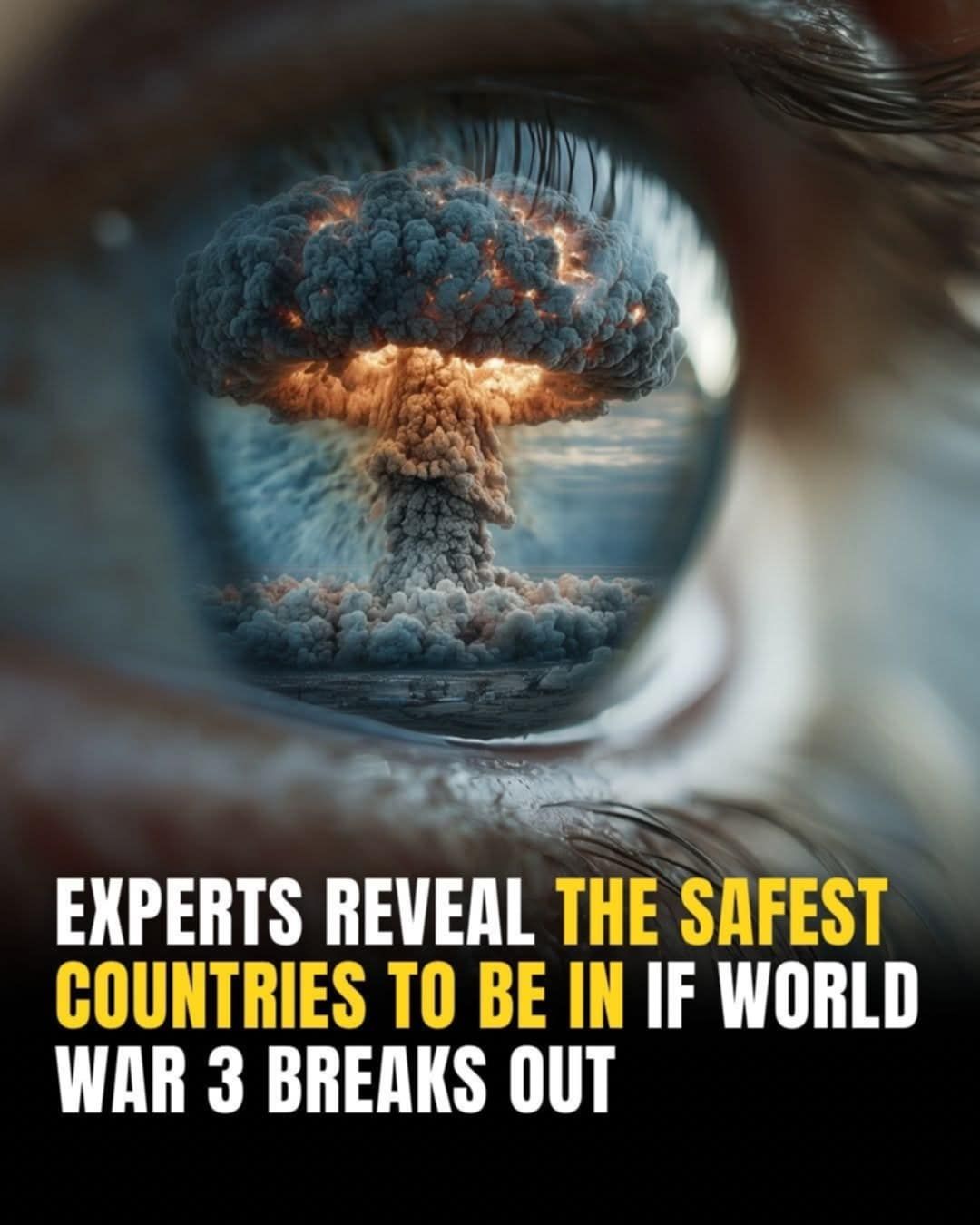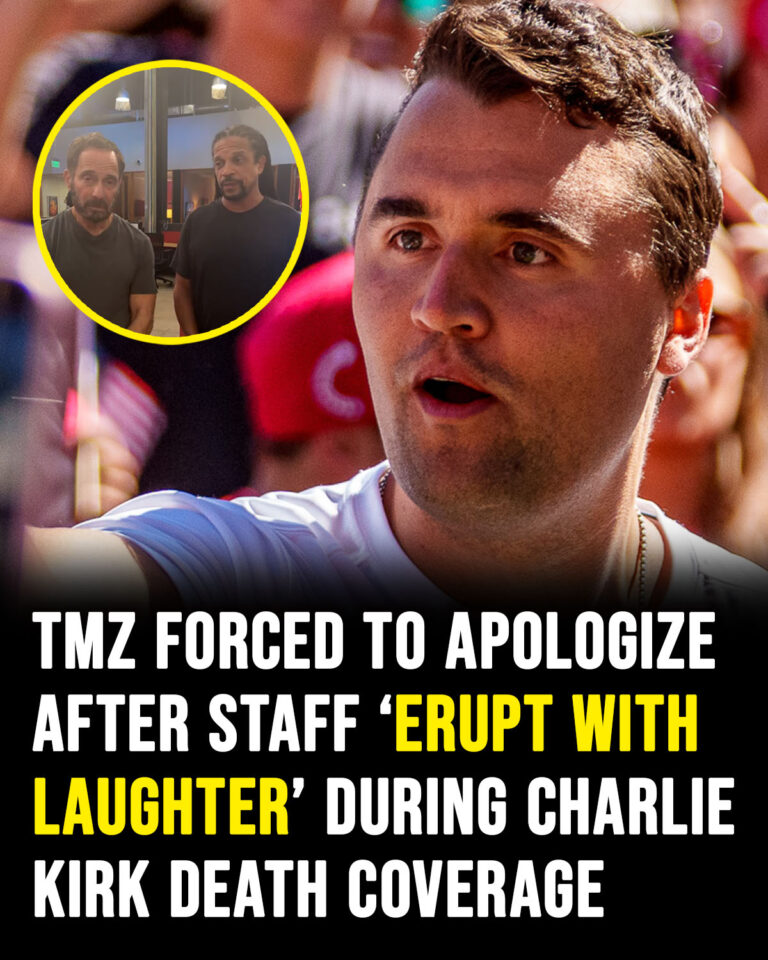
World War 3 would bring unprecedented global risks beyond traditional battlefield combat, involving cyber warfare, economic blackmail, space-based weaponry, and long-range missile strikes. No country would be completely immune from these dangers, but some are distinctly safer due to geography, neutrality, and historical avoidance of wars. Countries like Switzerland have a long-standing tradition of neutrality, fortified by mountainous terrain and extensive fallout shelter networks, making them difficult targets.
New Zealand’s remote South Pacific location, strong agricultural economy, and energy independence also place it among the safest. Similarly, Bhutan’s Himalayan isolation and non-interference policy, coupled with its unique philosophy prioritizing happiness over militarism, contribute to its low risk. Iceland’s peaceful reputation and lack of military forces add to its safety, although its NATO membership introduces some caution. Costa Rica stands out by having abolished its military decades ago, investing instead in education and health, which fosters a stable, peaceful society.
In contrast, Finland and Sweden have shifted from neutrality by joining NATO after Russia’s invasion of Ukraine, increasing their vulnerability due to geographic proximity to Russia and potential involvement in NATO conflicts. Other countries like Ireland and Singapore maintain political neutrality or strategic non-alignment, offering some protection, though they remain vulnerable to cyber and economic threats. Argentina and Chile, remote and peaceful, are also considered relatively safe from direct military conflict but not from broader war impacts.
The key factors defining a safe country in a global conflict include geographic isolation, a neutral foreign policy, non-alignment with military blocs, and strategic irrelevance on the world stage. Medium factors include self-sufficiency in food production and internal social stability. Countries that have chosen peaceful, restrained national policies over militarism provide a model for resilience in the face of modern global warfare.
Ultimately, peace is not passive but an active national choice cultivated through diplomacy, neutrality, and preparedness. For families and individuals considering where to live or evacuate during a potential World War 3 scenario, countries like Switzerland, New Zealand, and Costa Rica offer hope that peace can be maintained even in turbulent times. Their long-term commitment to neutrality and stability may provide the best chance for safety amidst global chaos.



